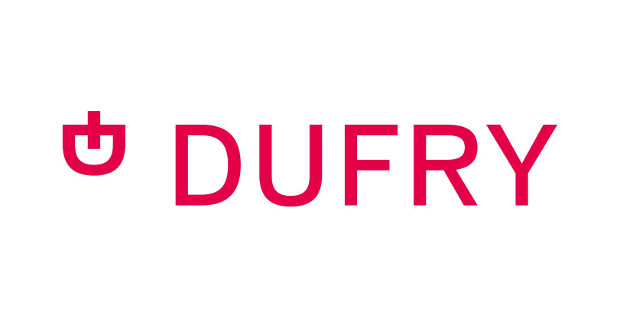04/06/2018
Flash boursier
Key data
| USD/CHF | EUR/CHF | SMI | EURO STOXX 50 | DAX 30 | CAC 40 | FTSE 100 | S&P 500 | NASDAQ | NIKKEI | MSCI Emerging MArkets | |
|---|---|---|---|---|---|---|---|---|---|---|---|
| Latest | 0.99 | 1.15 | 8'618.54 | 3'453.54 | 12'724.27 | 5'465.53 | 7'701.77 | 2'734.62 | 7'554.33 | 22'171.35 | 1'130.22 |
| Trend | |||||||||||
| %YTD | 1.43% | -1.57% | -8.14% | -1.44% | -1.50% | 2.88% | 0.18% | 2.28% | 9.43% | -2.61% | -2.44% |
Highlights :
1. The euro is still weakening
2. New Italian government
Italy: for or against the euro?
Political developments in Italy – with the coalition government collapsing followed by an unexpected agreement to put it back together – have caused major stress in the global financial markets. The yield on Italian 10-year sovereign bonds jumped 70 basis points to 3.13% between 25 and 29 May, before falling back to 2.52%. The euro has also continued its losing streak, and is now down more than 7.5% against the dollar since its February peak, while the banking sector has dragged European equity markets lower.
Now that Italy has formed a government, some investors remain sceptical about the country’s commitment to the euro. The trauma surrounding European sovereign debt and the Greek crisis of 2012 is still fresh in the memory. However, we do not expect the same turmoil this time around, because today’s situation is very different. Firstly, Italy is a much more integral part of the European economy than Greece, in terms of both banking and trade, giving all parties a major incentive to resolve the issues. Italy is the eurozone’s third-largest economy, accounting for more than 15% of the region’s GDP compared with less than 3% for Greece. The eurozone has also seen above-average growth in the last 18 months. With stronger labour markets, a healthy global economy, less austerity and a euro exchange rate that is 14% below its 2008 peak, the eurozone economy’s foundations are more robust than they were during the Greek crisis, although the region’s economic growth has recently slowed slightly.
The main difference is that there seems to be much less risk of contagion than at the time of the Greek crisis. The ECB has now established the European Stability Mechanism (ESM), giving eurozone countries in financial difficulties instant access to financial assistance programmes.
However, we see little chance of that mechanism being used. We believe that the Italians’ attitude to the euro has improved in the last five years and is now positive.
Dufry AG (ISIN: CH0023405456, price: CHF135.90)

The world’s leading duty-free retailer held an investor day in Zurich on Thursday.
Dufry is maintaining the dividend policy it adopted earlier this year, promising to pay out at least CHF3.75 per share, equating to a yield of 2.8%. That would still leave free cash flow of CHF200-300 million, which could be used on acquisitions.
Sales are expected to grow 5-7% this year, with higher passenger numbers likely to account for 3-4 points of that growth and the rest coming from investments and new concessions. Management recently announced that it had signed new contracts with three cruise operators, a segment that saw rapid growth in 2017.
In valuation terms, the enterprise value/EBITDA ratio of 9.0x is attractive, and the stock is trading at 12 times expected 2019 earnings.
Buy with a target of CHF170.
Kraft Heinz Company (ISIN: US5007541064, price: USD57.64)
The company is currently suffering from pressure associated with a mature food industry and a highly competitive market, particularly in the USA. Almost 50% of its revenue still comes from condiments and sauces (25%) and cheese and dairy (22%). However, these product segments are expected to see annual organic growth of only 1.5% in the next five years.
There has been a sharp correction in the share price since the start of the year (-26%), which has taken the valuation back to a reasonable level (2018 P/E of 15.3). Initiatives to boost productivity, cut costs and drive product innovation, along with solid sales growth outside the USA, are improving the outlook for margins.
In addition, with the backing of its two major shareholders (3G Partners and Berkshire Hathaway), the company has enough financial resources to carry out a major acquisition to boost its global growth.
Buy with a target of USD70.
Download the Flash boursier (pdf)


 Flash boursier
Flash boursier